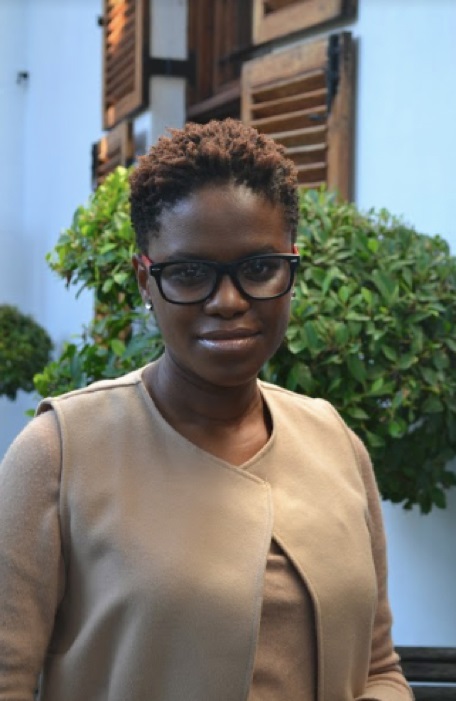
Still, the question remains. Where are the black professionals in Cape Town?
With a current population of 56 million, of which 80% are black African, the city of Cape Town has increased the percentage of black African executives by a mere 4% in 10 years. Something is obviously holding the city back and keeping black African executives away.
The context is not lost. The effects of this reality are structured and shaped by the social engineering of our past. Legend, in spite of democracy remains. “Being in Cape Town feels like being in another country. Cape Town is clicky, unAfrican, unwelcoming,” is the narrative I often hear. Belonging in Cape Town is a rare thing to find. In the air are unwritten rules of who lives where, white people in the boardroom have permission to speak in Afrikaans, decisions are made in the rugby boxes of Newlands stadium on a Saturday afternoon while the Stormers are competing for a place in the Super Rugby.
Perhaps the truth lies in the fact that in 1994 the redress projects undertaken created the feeling that the playground was opened for all but we just did not learn how to play together.
Cape Town, corporates and spaces were not designed for everyone. They were designed for a particular race group, gender, age group, sexual orientation and instead of changing and developing a different set of rules, we simply walked into establishments and tried to make it work. In my research on the subject, one of the experiences which black African executives expressed is around “negative stereotyping”, where there’s a lot of pressure testing and cynicism towards their skills, competence and capability to perform – something they feel their white counterparts are not necessarily subjected to.
Let’s hang in there, this is not a piece that takes us back and fosters bitterness and finger pointing.
This same question needs to be posed to black African executives. What keeps them away from the Mother City? Is it too difficult to face the lived experiences of many in Cape Town? Why are they not willing to transform the city by their presence? In my study relating to how coaching and support of black African executives can help in their adjustment to both the social and corporate environment in Cape Town some interesting truths were unveiled. As a black person:
• There’s a need to discern and deal with both actual and perceived race discrimination. Constant feeling like you are being discriminated against affects your well being, self esteem and ultimately performance. Sometimes people are behaving badly and labelling them racist is letting them off;
• Forewarned is forearmed. Become aware of what the culture of the city and the organisation you are joining is. This informs you of the challenges that you might face and allows you to strategise about how to circumvent them, while staying true to who you are; and
•Considered and intentional rebellion is truly a form of survival in Cape Town and maybe in life generally. Stand up, speak up even if your voice is trembling.
For Cape Town based corporates, there are a few ideas that are worth considering.
There is a new kid on the block – Cultural Intelligence. This takes off where emotional intelligence stops. We will never stop being diverse and different. We need to build the grit to be able to move with difference, where we literally build enough competence that enables us to deal with each other from a conscious state to an unconscious state.
Acknowledge how your social identity, first from a race perspective, informs the culture of the organisation, how it’s led and how it interacts with others. Then consider the impact that this has on the different people within.
Corporates need to understand that attraction and retention is a feeling not a number.
In truth, this is not a Cape Town problem alone. A lot of corporates ought to be concerned about creating spaces of belonging for everyone, talking less about inclusivity. What one imagines about inclusive environments is that someone remains the centre and invites “the other” to join them, to be included. Surely, that cannot be how we solve the mystery of integration, equality and general advancement of our country and the city. The question for Cape Town and the corporates based here is “when all is said and done, what is the legacy that you want to leave and what are you willing to do for transformation?”
• Valerie Tapela is an MPhil in coaching management alumnus of the University of Stellenbosch Business School and personal development facilitator.




 Publications
Publications
 Partners
Partners








